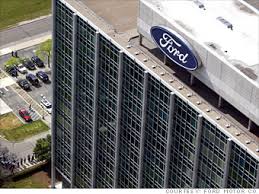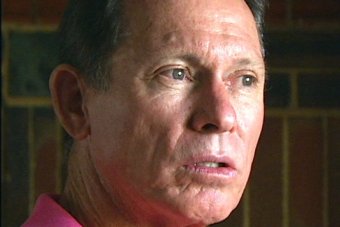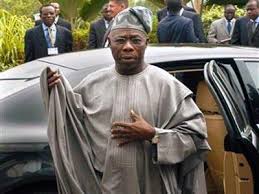Ford Motor Corporation has hinged its establishment of an automobile assembly plant in Nigeria on the country creating expanded market frontiers by reaching free-trade agreement with its neighbouring nations.
The automaker, which is looking at critical mass, wants Nigerian authorities to ensure free movement and unhindered market for all locally produced vehicles and other goods within the West African region.
The President and Chief Executive Officer, Ford Motor Company (South Africa), Mr. Jeff Nemeth, told journalist at a forum organized by Coscharis Motors, that the availability of ready market is its main pre-condition for considering such a venture.
Nemeth said however that Ford which already has assembly plants in South Africa supplying vehicles to different parts of Africa, was still studying the new auto policy of the Federal Government and would make appropriate response at the right time.
The visiting Ford officer said the comapny would not be rushed into setting up an assembly plant in Nigeria without a fully developed and functional support service system such as road, railway and electricity.
“You don’t want to import parts for ever. All the support structures have to be in place such as the IT, road, rail and power; that, I have not seen,” he said.
“What are the sales opportunities in Nigeria right now? You are just selling about 100,000 new vehicles annually. That is rather too small for all the industry players to share and break even if they must assemble the vehicles in your country.”
He explained that Ford is getting about 10 per cent share of the whole auto market in Nigeria, which amounts to 10,000 vehicles out of the 100,000 units.
In trying to justify the company’s position, Nemeth gave a brief picture of the structure of the South African auto market, which is about five times more than Nigeria’s.
He said in South Africa, Ford controlled about 12 per cent of the auto market, which he gave as 650,000 vehicles yearly.
He explained that out of the 650,000 units being produced by all the auto assembly plants in that country, about 300,000 were exported to neighbouring countries, which had free-trade agreements with South Africa.














